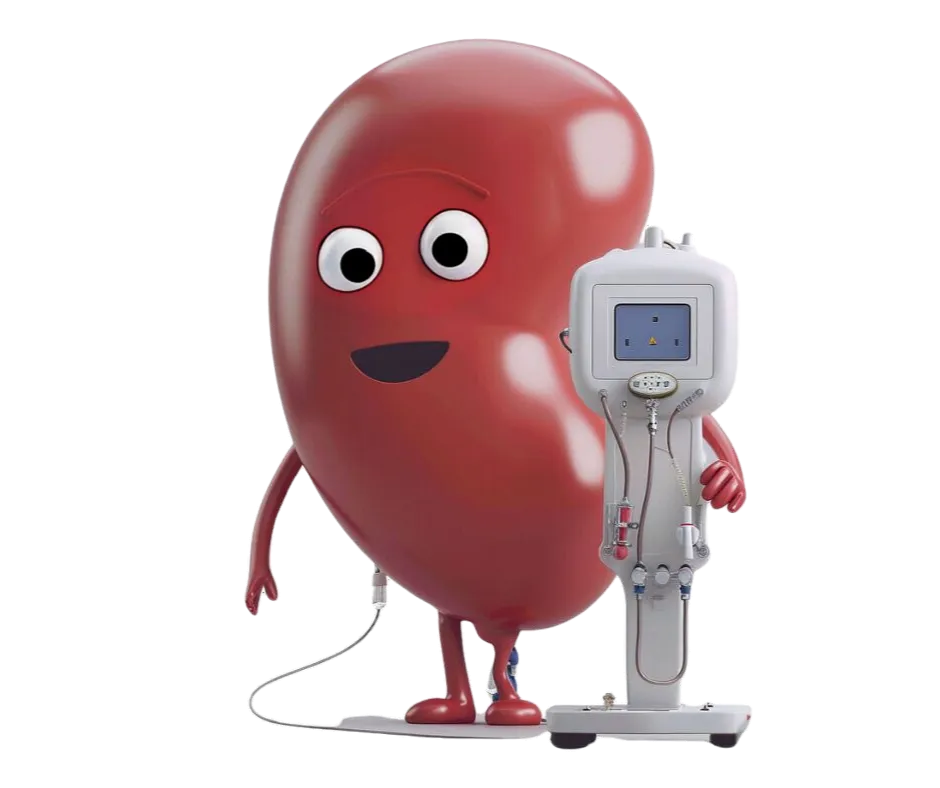ON THE CKD BLOG
CKD-ers, You're Being Lied To
You followed the advice, thinking it would help. But it didn’t. The scariest part? This cycle doesn’t stop on its own. Progression won’t pause unless YOU take control of your diet the right way.
Things You Hafta Know
Creatinine - What's the Real Deal?
If you’ve ever been confused about what your creatinine number means, you’re not alone!
Things You Hafta Know
CKD Stages & eGFR Ranges
Doctors generally don’t diagnose CKD based solely on lower eGFR unless...
Things You Hafta Know
CKD - Do I HAVE TO go Vegan?
You may have been told you need to go vegan now that you have kidney disease. Here's why that's not true.
Things You Hafta Know


